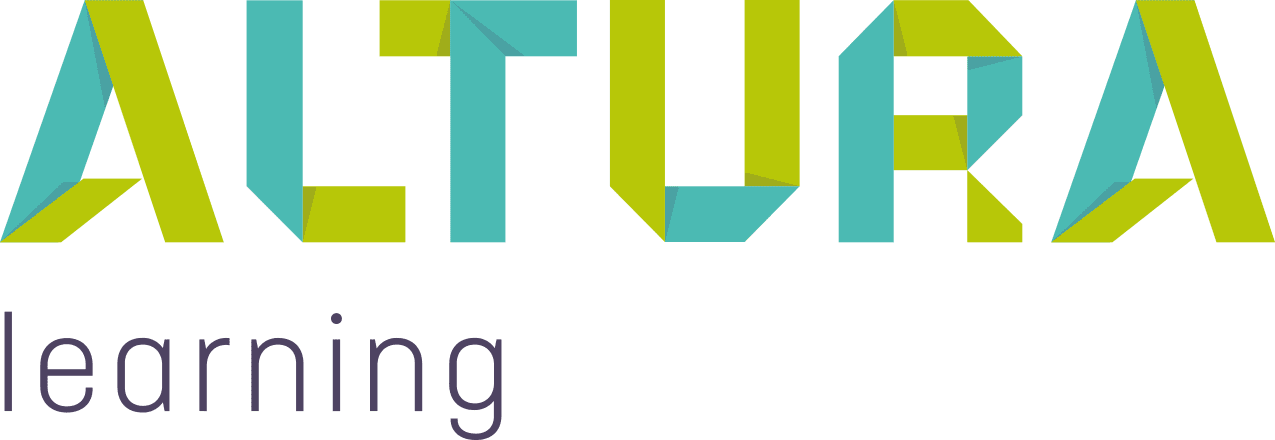Home | Altura Blog |
Speaking of dementia…
April 27, 2023 | Altura Blog
Memory … thinking … and the ability to perform daily activities. These are the things we rely on to live, work and engage with the world around us. For millions of people living with dementia, the impact of losing these everyday functions can be overwhelming, not only for themselves, but their family, friends and loved ones.
Dementia is not a modern-day syndrome, the concept has been around for centuries. Some of the most famous ancient Greek philosophers considered the symptoms to be a natural part of ageing, others believed ‘black bile’ to be the cause. Fast forward to the early 1900s and the research conducted by Dr Alois Alzheimer, a German doctor. Observing a woman who was experiencing difficulties with memory and changes in behaviour, he requested her brain for further examination following her death. He noted that some areas of her brain had begun to atrophy and he also identified the deposits which characterise Alzheimer’s disease, known as plaque and tangles.
While scientists continue to investigate and uncover valuable data on Alzheimer’s and other dementia-related diseases, cures are yet to be discovered. In the meantime however, much can be done to care for and support people living with dementia and we acknowledge the work of health and social care staff to improve the quality of life of those individuals.
Recent additions to Altura Learning’s library include a range of courses on dementia:
Dementia: Responding to Changes in Behaviour – explores how to identify, report and respond appropriately to changes in behaviour.
Dementia: Documenting Changes in Behaviour – explains how to demonstrate best practice when documenting changes in behaviour and how to use the ABC approach.
Dementia: De-escalation Strategies – explains how to respond appropriately to agitated behaviour and de-escalate a situation when safety is a concern.
Recognising Dementia, Depression and Delirium – learn about the signs and symptoms of these conditions, how to recognise the differences and the immediate actions to take when responding to acute changes in behaviour.
It’s also important to remember Australia’s veterans who are receiving care. On average, about 10 to 20 percent of veterans who have experienced combat will develop long-standing, chronic post-traumatic stress disorder (PTSD) and the risk of developing dementia for these individuals is doubled. They may also have greater and more complex needs. Altura Learning’s course, Caring for Veterans with PTSD & Dementia, looks at the triggers and behaviours associated with an older veteran who has PTSD and dementia, as well as the appropriate management of these behaviours as an expression of their unmet needs.
Further reading on Dementia:
World Health Organization | Dementia


